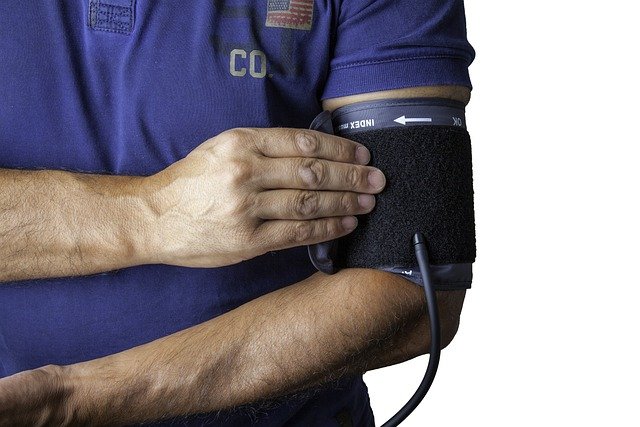Early Warning Signs of Heart Attack
Not every heart attack begins with dramatic chest pain. For many people, the first warning signs are subtle and often overlooked: sudden shortness of breath, unexplained fatigue, cold sweats, nausea, or pain that spreads to the jaw, shoulders, or arms. These early symptoms are easily mistaken for stress, indigestion, or simply getting older. Recognizing these hidden warning signs can help people understand when something more serious may be happening and why it’s important to pay attention before the condition becomes life-threatening.

What Does a Heart Attack Really Feel Like?
Heart attack symptoms can vary significantly between men and women, making recognition challenging. For many, the experience isn’t like the dramatic chest-clutching scenes portrayed in movies. Men typically experience more classic symptoms, including a feeling of intense chest pressure or pain that may radiate to the left arm, neck, or jaw. Some describe it as a crushing or squeezing sensation, while others report a heavy, uncomfortable pressure in the chest.
Hidden Signs of a Heart Attack Many People Miss
Women often experience more subtle and complex heart attack symptoms that can be easily overlooked. These hidden signs might include:
-
Unusual fatigue or unexplained weakness
-
Shortness of breath
-
Nausea or vomiting
-
Back, neck, or jaw pain
-
Cold sweats
-
Lightheadedness or dizziness
These symptoms can be mistaken for less serious conditions, leading many women to delay seeking critical medical attention.
Common Symptoms Both Men and Women Experience
Some universal warning signs of a potential heart attack include:
-
Persistent chest discomfort or pain
-
Pain or discomfort in upper body areas
-
Sudden shortness of breath
-
Breaking out in a cold sweat
-
Feeling unusually tired or experiencing extreme weakness
When to Seek Immediate Medical Advice
Medical experts strongly recommend seeking emergency medical attention if you experience:
-
Chest pain lasting more than a few minutes
-
Pain that spreads to the shoulder, arm, or jaw
-
Sudden severe shortness of breath
-
Feeling of impending doom or extreme anxiety
-
Persistent pressure or squeezing in the chest
Understanding Heart Attack Risk Factors
While symptoms are crucial, understanding risk factors can help prevent heart attacks. Key contributors include:
-
Advanced age
-
Family history of heart disease
-
High blood pressure
-
High cholesterol
-
Smoking
-
Obesity
-
Diabetes
-
Lack of physical activity
-
Chronic stress
Diagnostic and Treatment Considerations
| Diagnostic Method | Typical Procedure | Estimated Cost Range |
|---|---|---|
| Electrocardiogram (ECG) | Electrical heart activity test | $50 - $300 |
| Blood Tests | Cardiac enzyme screening | $100 - $500 |
| Coronary Angiography | Detailed heart blood vessel imaging | $1,000 - $5,000 |
Prices, rates, or cost estimates mentioned in this article are based on the latest available information but may change over time. Independent research is advised before making financial decisions.
Heart attacks require immediate medical intervention. The sooner treatment begins, the better the potential outcomes. Modern medical technologies offer various diagnostic and treatment options to help patients recover and prevent future cardiac events.
Disclaimer: This article is for informational purposes only and should not be considered medical advice. Please consult a qualified healthcare professional for personalized guidance and treatment.




